When it comes to the transportation industry, the need for reliable equipment cannot be overstated. A tractor trailer car carrier is a pivotal asset for businesses focused on vehicle transportation, whether you’re a small dealership, a larger logistics provider, or an independent operator looking to expand your fleet. The question “where to buy a tractor trailer car carrier?” is one that merits a well-informed and strategic discussion. In this guide, we delve into the essential aspects of purchasing a tractor trailer car carrier, exploring key considerations while presenting diverse options for buyers.
Understanding Tractor Trailer Car Carriers
Tractor trailer car carriers are specialized vehicles designed to transport multiple cars simultaneously, maximizing efficiency and reducing overall transportation costs. They come in various configurations, from open to enclosed trailers, and differ in capacity, weight limits, and functionality. Understanding the specifications that best fit your needs is the first step to making an informed purchasing decision.
Types of Tractor Trailer Car Carriers
| Type | Description | Advantages | Disadvantages |
|---|---|---|---|
| Open Car Carriers | These are the most common type, allowing vehicles to be transported on open racks. | Cost-effective, easy to load/unload | Exposure to weather, potential damage |
| Enclosed Car Carriers | Protects vehicles from external elements with a fully enclosed design. | Ultimate protection from weather | Higher cost, limited capacity |
| Multi-Level Car Carriers | Features multiple decks to increase capacity, suitable for mass transport. | Maximizes efficiency for large loads | Requires skill to maneuver and operate |
| Tow Dollies | A type of lightweight carrier designed for towing smaller vehicles. | Versatile for specific needs | Limited capacity, may not be suitable for larger cars |
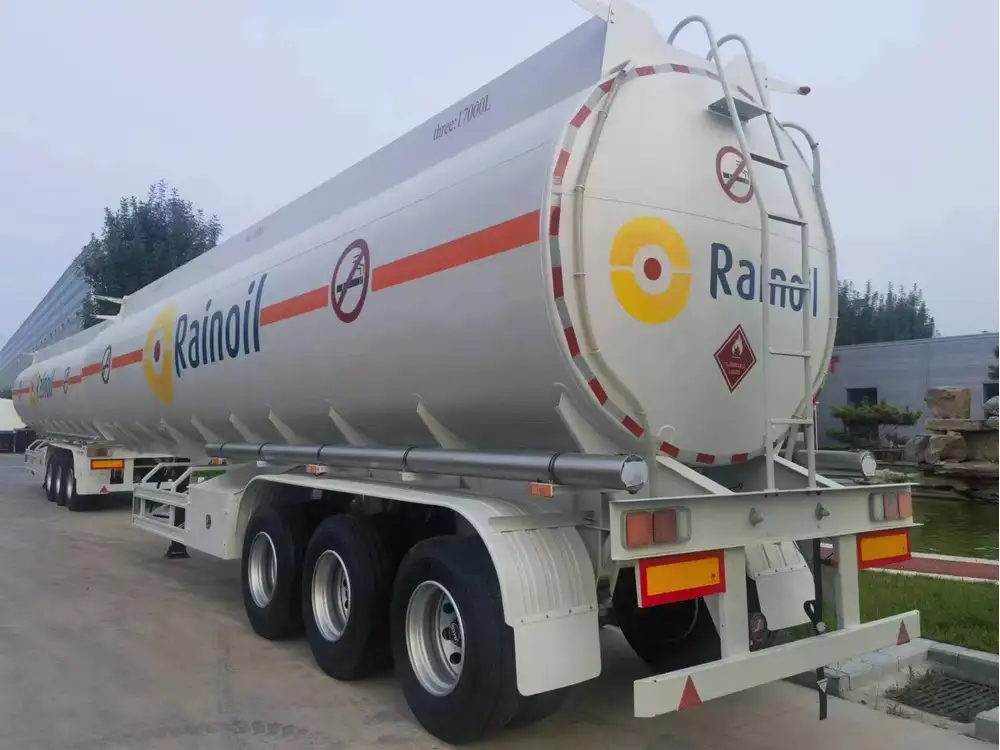
Key Considerations Before Purchasing
1. Capacity and Size Requirements
- Assess your transportation needs carefully by estimating the number of vehicles you plan to transport at any given time. This will dictate the size and capacity of the carrier required.
2. Budget Constraints
- Establish a budget range for your purchase. Prices for tractor trailer car carriers can vary significantly based on type, brand, and features.
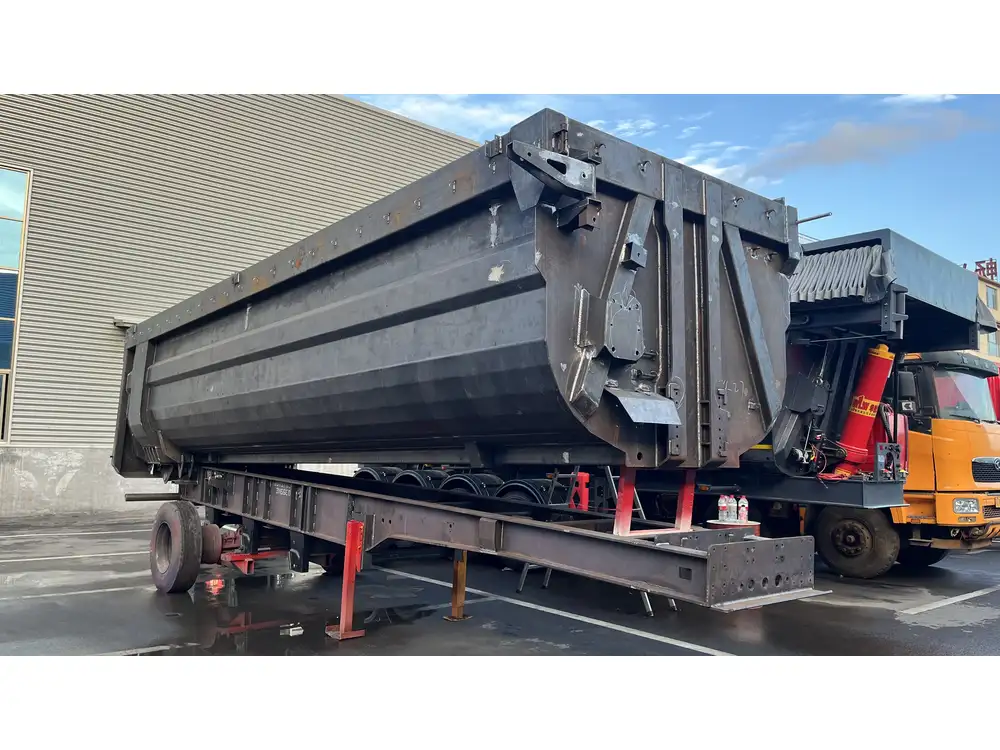
3. Regulatory Compliance
- Ensure that any chosen carrier complies with local regulations, including axle weight limits, licensing, and safety standards, which vary by region.
4. Manufacturer Reputation
- Invest in carriers from reputable manufacturers known for quality and durability. Research their track record, customer reviews, and warranties offered.
5. Customization Options
- Evaluate whether you need a customized carrier to fit specialized needs, such as additional safety features, unique loading mechanisms, or specific weight capacities.

6. Maintenance and Servicing
- Consider the long-term maintenance costs and the availability of service centers in your vicinity.
Where to Buy a Tractor Trailer Car Carrier
Finding the right place to purchase a tractor trailer car carrier can be a daunting task. Here are some effective channels to explore:
1. Authorized Dealers
- Visiting authorized dealers is one of the most reliable methods to explore your options. They often provide:
- Access to a wide range of models.
- The latest sales and promotions.
- Professional advice and after-sales support.
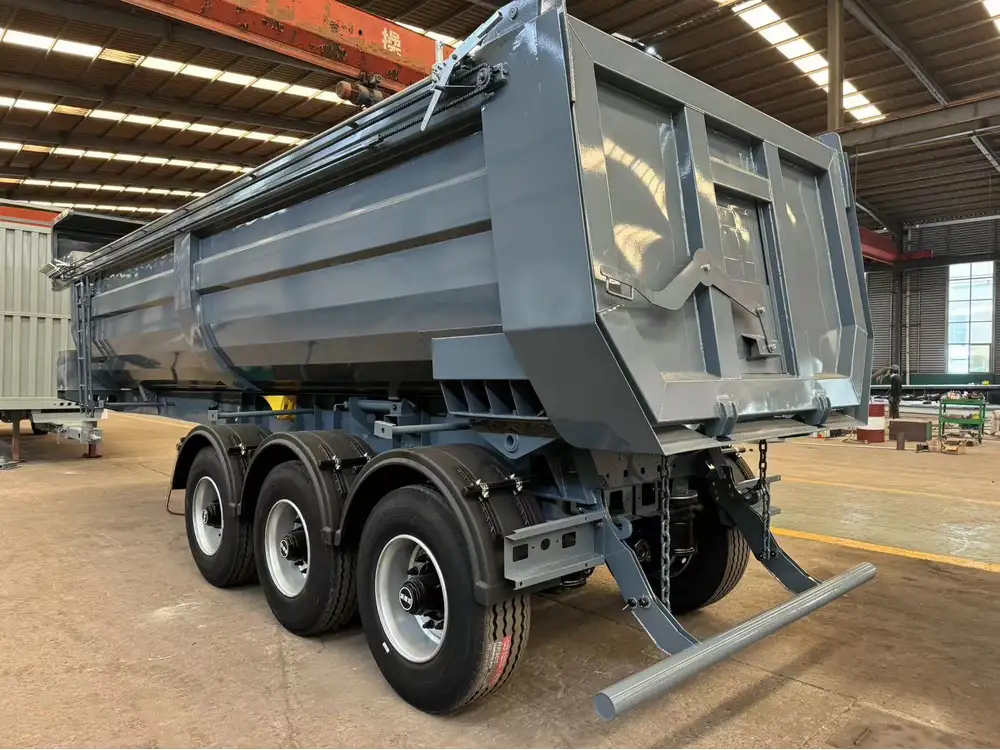
2. Manufacturer Direct Purchase
- Buying directly from the manufacturer can sometimes yield better pricing and customization options. This is particularly advantageous if you have specific needs and want to deal directly with the source.
3. Online Marketplaces
- Platforms such as eBay, TruckPaper, and Equipment Trader offer a diverse array of new and used trailers. Benefits include:
- Extensive listings.
- User reviews and ratings.
- Comparison tools to evaluate different options.
4. Auction Houses
- Auctions can be an excellent way to secure a deal on a tractor trailer car carrier. Many reputable auction houses specialize in heavy-duty trucks and carriers, allowing buyers to acquire high-quality equipment at competitive prices.
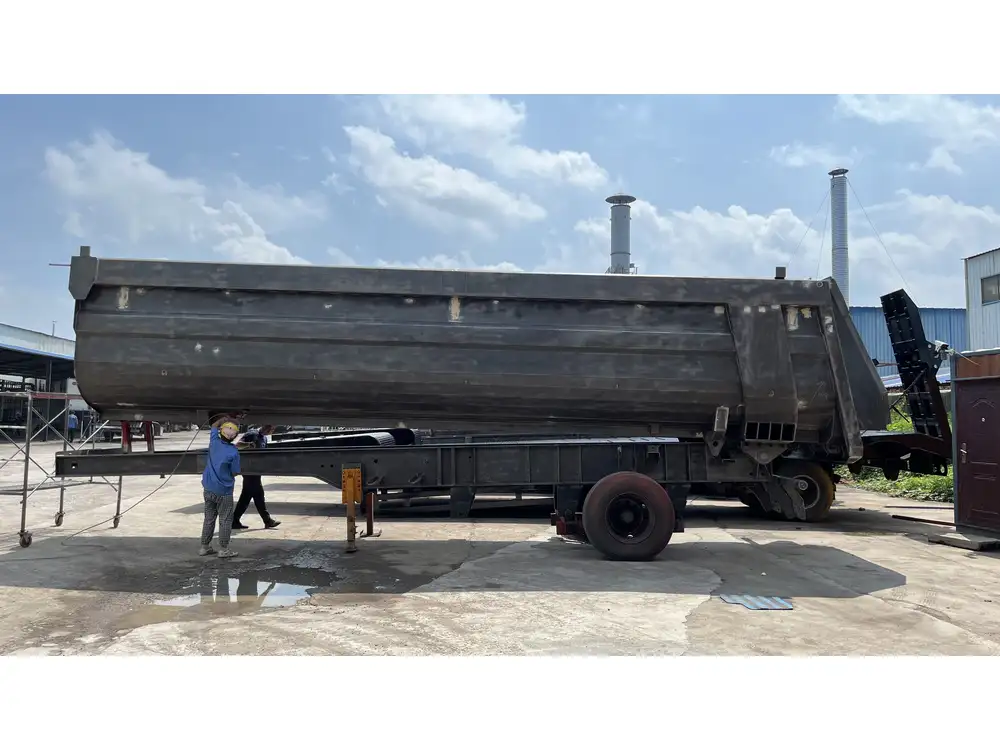
5. Trade Shows and Expos
- Attending industry trade shows provides the opportunity to see various models in person, and you may often find exclusive offers and networking opportunities with manufacturers.
6. Local Classifieds and Marketplace Ads
- Exploring local ads (both online and offline) can uncover hidden gems for used carriers at competitive pricing. Caution should be exercised, as condition checks and thorough research are necessary.
Evaluating Your Purchase: Essential Steps
Once you’ve narrowed down the options, a structured evaluation process is essential to differentiate between your top choices effectively:
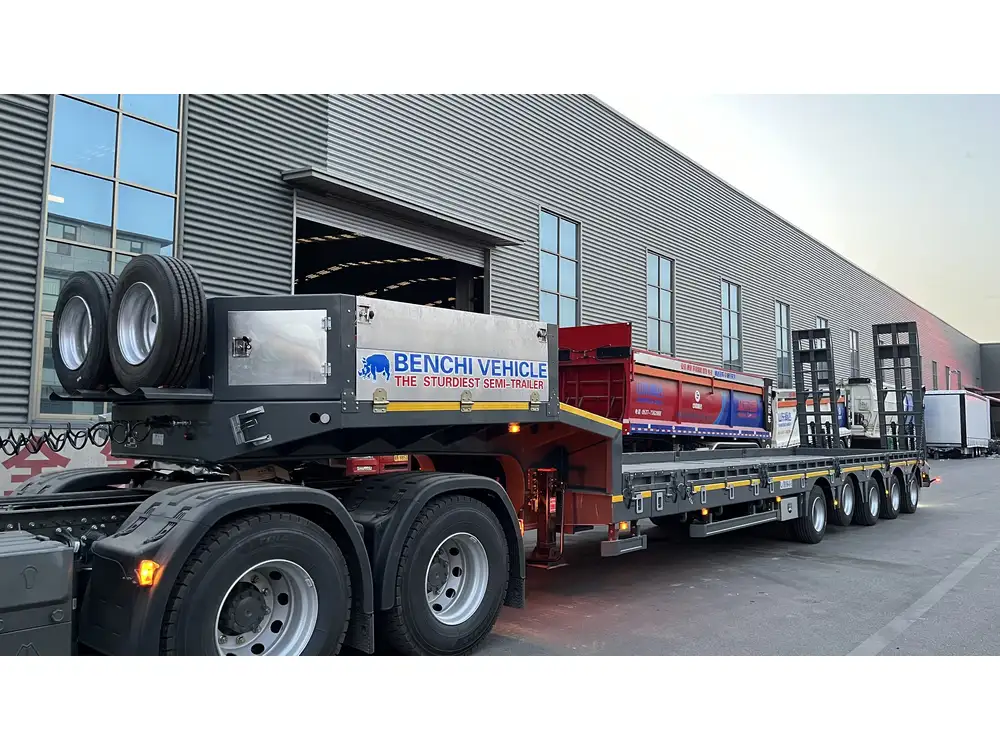
Inspection Checklist
| Factor | Description |
|---|---|
| Physical Condition | Check the body for any visible rust, scratches, or damage. |
| Tires and Wheel Alignment | Ensure tires are in good condition and alignment is correct. |
| Suspension System | Test the quality of the suspension to ensure stability during transport. |
| Load Capacity | Verify that the carrier meets the required load capacity for your needs. |
| Safety Features | Examine all safety features, such as reflective strips, lights, and braking systems. |
| Warranty | Check the warranty details and what it covers. |
Negotiation Tips
- Do Your Research: Knowledge is power. Knowing the market value allows for a stronger negotiating position.
- Be Prepared to Walk Away: If terms don’t meet your expectations, don’t hesitate to seek alternatives.
- Ask About Additional Costs: Ensure that there are no hidden fees related to delivery, documentation, or additional features.
Financing Options for Tractor Trailer Car Carriers
Acquiring a tractor trailer car carrier represents a substantial investment. Understanding your financing options can make this purchasing process less daunting:
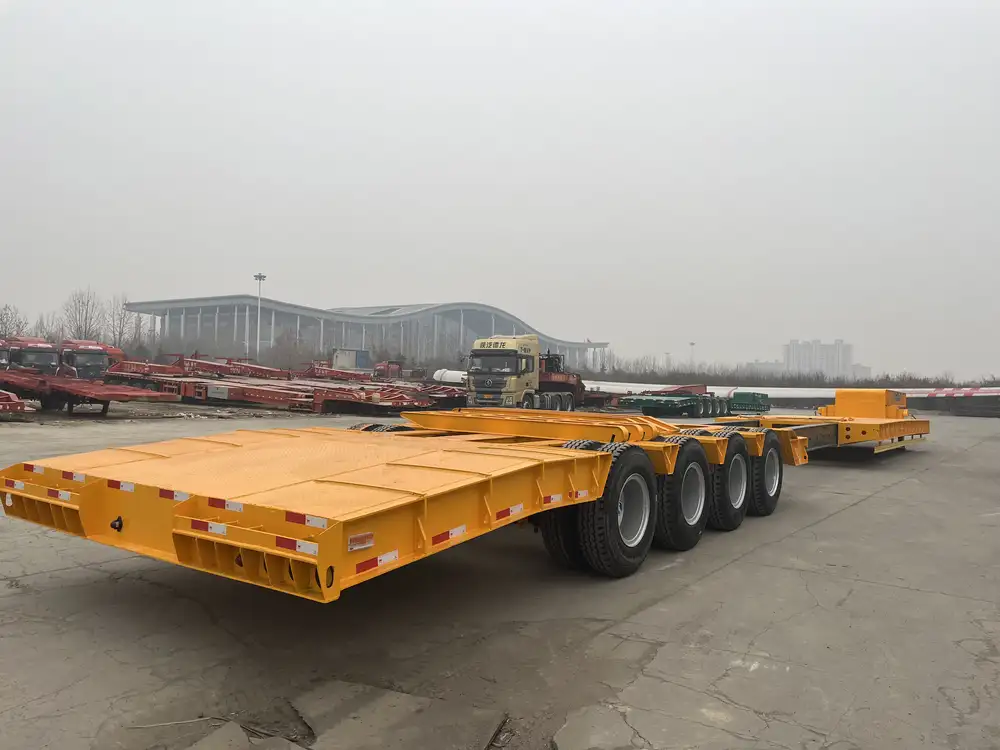
1. Traditional Loans
- Many banks and credit unions offer loans specifically for commercial vehicles. These loans often feature competitive interest rates and flexible terms.
2. Leasing Agreements
- Leasing can be beneficial for those who prefer lower upfront costs. This allows businesses to conserve cash flow while utilizing essential equipment.
3. Manufacturer Financing
- Some manufacturers offer financing options, sometimes with promotional interest rates or deferred payments, which may provide attractive benefits.

4. Grants and Subsidies
- Depending on your region, there could be government grants available aimed at encouraging transportation business growth, specifically focusing on fuel efficiency and modernization.
Conclusion: Your Journey to Successful Acquisition
Navigating the landscape of purchasing a tractor trailer car carrier can seem overwhelming at first glance. However, a meticulous approach — one that begins with understanding your needs, exploring various purchasing avenues, conducting thorough evaluations, and utilizing financing options — ensures that you make an informed decision.
Each choice made in this process leads you closer to finding a carrier that meets your operational requirements and enhances your business capabilities. Whether opt for authorized dealers, leverage online resources, or attend industry show expos, there is a wealth of options available to you.
Invest wisely, keep a close eye on your requirements versus the market, and you will position yourself for success in the logistics and transportation world. The best time to act is now; with the right tractor trailer car carrier, you can transport vehicles seamlessly and efficiently, paving the way for growth and opportunity within your business.



